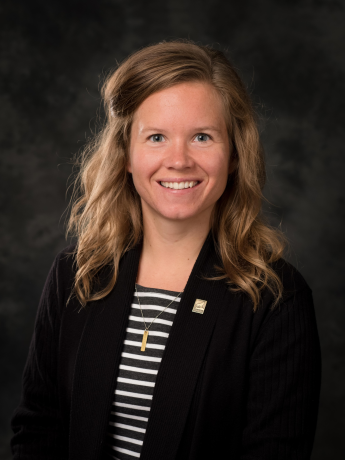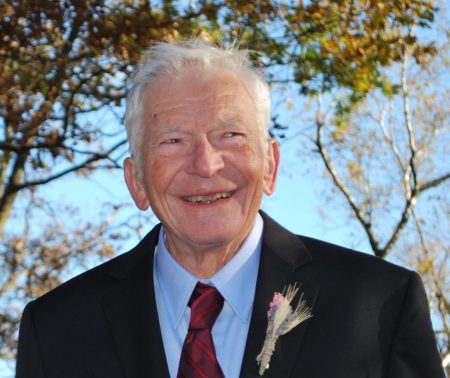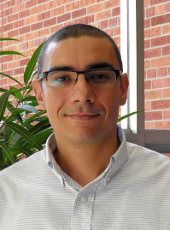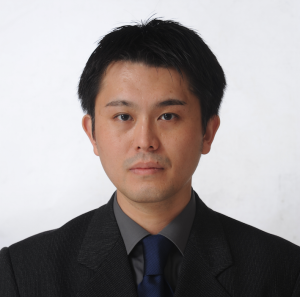Congratulations to Department Coordinator Claire Wiitanen, who was one of the nominees for the Michigan Tech Staff Council’s ‘Making a Difference Staff Awards’ in the category “Above and Beyond”.
We know Claire as someone who consistently goes above and beyond, exceeding expectations and taking the initiative. Congratulations Claire, and thank you for all you do!






